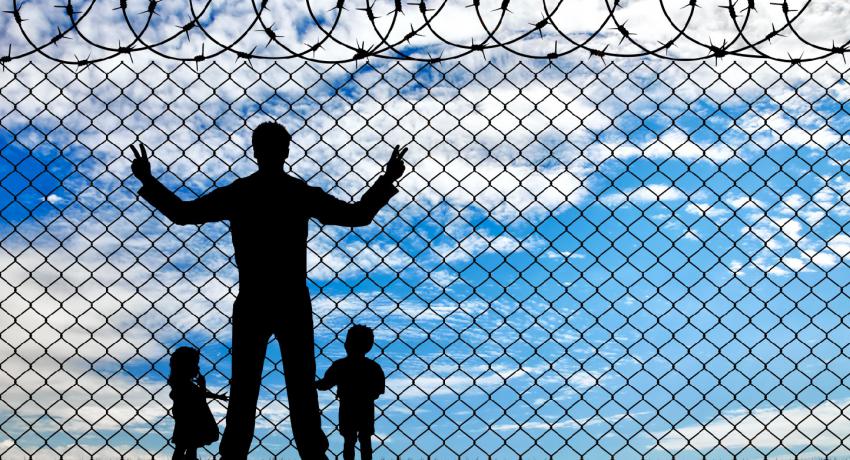Parole Aftercare Supports Youth’s Community Reentry
As part of our Juvenile Rehabilitation (JR) continuum of care, the Washington State Department of Children, Youth, and Families (DCYF) aims to provide comprehensive and community-based services to support eligible youth as they transition back into their communities. Young people start their residential sentences with JR in an institution.




